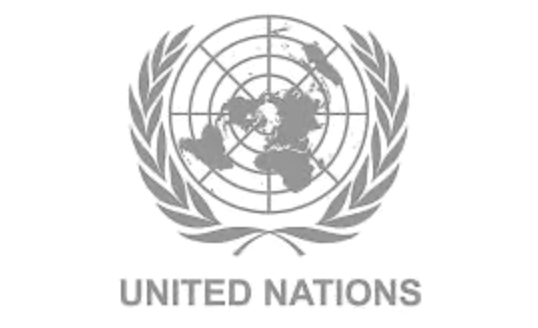Content:

UN Human Rights Council Report: Journalists in exile
United Nations Human Rights Council
04/26/2025
1. Journalists in exile is not a new phenomenon, but it has gained momentum in recent years, because of the severe pressure on public interest media in many countries around the world and the growing possibilities, created by digital technology, for journalists to operate from abroad when they are no longer able to do so safely from home. Free, independent, diverse and pluralistic media play a vital role in supporting democracy, informing the public and holding the powerful to account. It is either absent or severely constrained in over a third of the countries in the world, where more than two thirds of the world’s population live. The space for independent and critical media is shrinking in democratic States where authoritarian trends are gaining ground, leaving many journalists with no option but to leave their home
countries.
2. Armed conflicts have long been a major cause for journalists to seek refuge abroad. In recent years, political repression has become the predominant factor forcing thousands of journalists to leave their countries. Some have been expelled by their Governments. Many have fled their home country to save their lives or to escape detention and imprisonment on trumped up charges. Most have left their countries so that they can investigate and report freely without fear or favour. In some countries, not only have individual journalists left, but entire media outlets, and even complete independent media sectors, have moved out.
3. The precise scale of the problem is difficult to assess, in the absence of data from receiving States. Most estimates are based on the numbers of cases of exiled journalists to whom international non-governmental organizations, press freedom groups and media development organizations have provided financial and material assistance in recent years. While such data do not capture the full scale of the problem, they point to a clear upward trend of journalists in exile that tracks the rise in authoritarianism and political repression worldwide.
4. Exiled journalists fulfill a vital need for public interest news for audiences at home as well as around the world. They are often an important alternative for, and possibly the sole independent source of, information about events in conflict zones or in countries where freedom of expression is severely restricted. With their deep knowledge of the country, broad networks and distinct sources, they provide diverse perspectives, challenge official narratives and counter disinformation, which may be difficult for foreign media and dangerous for local media to do. In the absence of exiled media, there would be informational black holes and zones of silence on issues of concern to global and national communities.
5. For some journalists in exile, their work is also a way to preserve the struggle for truth, justice and democracy in beleaguered societies. According to one journalist, “I saw my people suffering, being killed, being forcefully disappeared. I wanted to be their voice. I wanted to bring their stories to the world.”
6. Exiled journalists often find themselves in precarious situations, vulnerable to physical, digital and legal threats against them and their families from their home State, and without assured legal status or adequate support to continue their profession in their country of refuge. Female journalists removed from their families and with no legal status are at increased risk of sexual abuse and exploitation, with no channels for redress.
7. Fearing for their own safety or that of their families back home and struggling to survive financially and overcome the many challenges of living in a foreign country, many journalists eventually abandon their profession. Exile thus becomes yet another way to silence critical voices – another form of press censorship.
8. Journalists are not above the law, but by virtue of their function and the public interest in disclosure, they are entitled to specific legal protection, whether at home or in exile. The international community needs to invest much more in protecting and supporting exiled journalists and journalism. The United Nations Plan of Action on the Safety of Journalists and the Issue of Impunity, adopted in 2012, does not even mention exiled journalists. It was only in 2022 that the United Nations Educational, Scientific and Cultural Organization (UNESCO) established the Safe Spaces project to support displaced journalists and journalists in diaspora and keep public interest journalism alive in crisis situations.
9. The objective of the present report is to throw light on a category of journalists who deserve better protection and support, both for their own sake and in the broader interests of human rights, media freedom, peace and democracy. Building on her previous report on reinforcing media freedom and the safety of journalists in the digital age, the Special Rapporteur analyses the problems, challenges and threats that journalists in exile face, as well as the relevant laws, policies and practices of States and companies that aggravate or seek to resolve them. She notes some good policies and practices and makes recommendations to States, digital and media companies, international organizations and civil society to strengthen the safety of journalists and enhance the viability of independent media in exile.
10. The Special Rapporteur is grateful for the submissions received from 10 Governments, 36 civil society organizations and one international organization and for the consultations held with experts and other stakeholders, which informed the report.